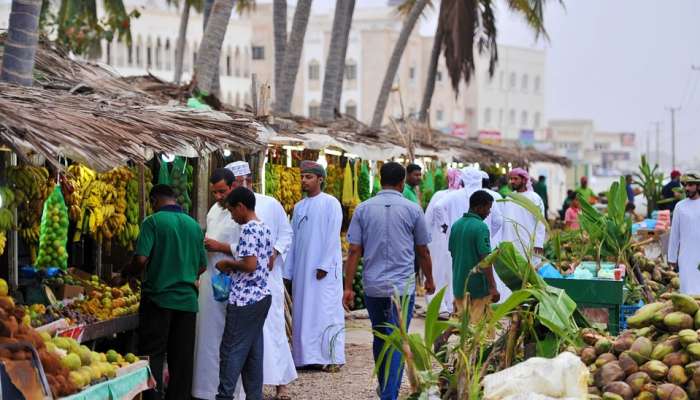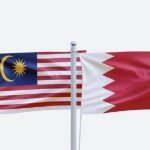Located in the Dhofar Governorate, Salalah is a city that attracts tourists and visitors from all over, especially during the Khareef season. One of the main draws for visitors are the kiosks selling local fruits and vegetables, where they can indulge in the fresh and delicious produce that the region has to offer. Visitors often use water pipes, locally known as mishli, to drink juice from coconut shells, adding to the unique experience. The seasonal climatic conditions in the Dhofar Governorate and the Salalah Plain allow for the cultivation of a variety of fruits and vegetables that are available throughout the year.
One of the standout agricultural products in the region is the coconut plant, known as nargile or mishli locally, which is the most widely cultivated crop in the Salalah Plain. In addition to coconuts, bananas, lemons, guava, favai, tomatoes, zucchini, and other tropical fruits and vegetables can be found at the kiosks in Salalah, enticing both visitors and residents alike. Tourists visiting during the Khareef season often prefer to purchase fresh fruits directly from the trees that line the roads passing through the orchards and farms. The Salalah Agricultural Plain extends from east to west of the city and is adorned with lush orchards full of fruit trees and seasonal vegetables, providing a picturesque backdrop for visitors to enjoy.
The agricultural plain of Salalah is also known for its abundance of other crops such as favai and bananas, which thrive in the tropical and subtropical climate of the region. The favorable environmental conditions make it an ideal location for the cultivation of these crops, which play a significant role in contributing to the productivity of the agricultural sector in Oman. The banana crop, in particular, is a staple in the region and is widely grown in the Salalah Plain due to its suitability for the climate. The favai tree, known for its striking evergreen appearance and fast growth, produces fruits that are of high quality and quantity, on par with international varieties found around the world.
The autumn season is considered the best time for growing and planting favai fruit, which is not only delicious but also offers numerous health and nutritional benefits. Salalah Agricultural Plain boasts a range of other agricultural crops that help to ensure food security in the region, as well as contribute to the marketing and export of produce both within Oman and abroad. Lemons, guava, papaya, tomatoes, zucchini, sugarcane, pomegranate, berries, avocado, sour cream fruit, and a variety of vegetables are grown in the region. Locally, crops such as corn, pepper, eggplant, sweet potatoes, legumes, and more are also cultivated, showcasing the diversity and richness of agricultural offerings in the Dhofar Governorate. Visitors to Salalah can immerse themselves in the vibrant agricultural landscape and sample the fresh, locally grown fruits and vegetables that make the region truly unique.




































